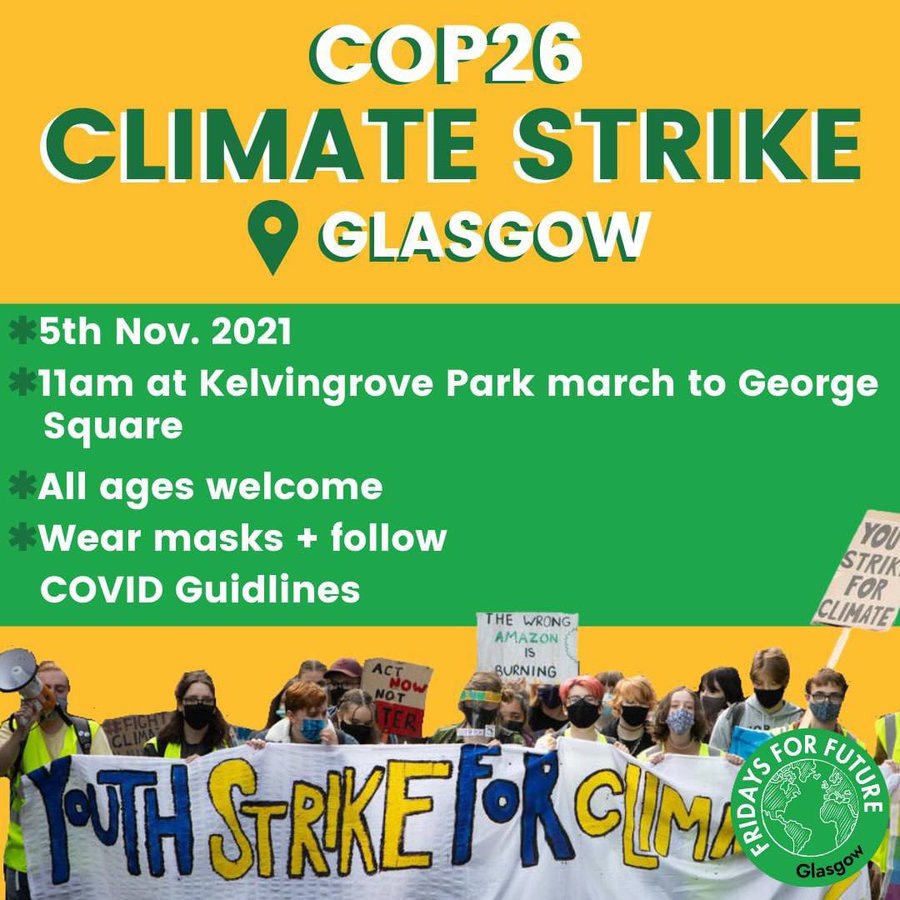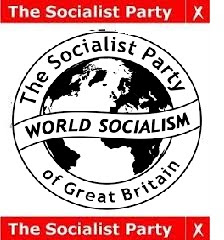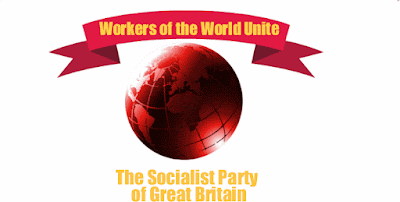It is guaranteed that the persistent and pervasive overpopulation bogeyman will resurface in Glasgow at the COP26 summit with some attendees conjuring up imagery of hordes of migrants storming the gates of the West.The overpopulation argument serves as a scapegoat for the shortcomings of capitalism at a global level to provide security for the poor and vulnerable displaced by the economic consequences of the market system. It exposes the impossibility of capitalism to satisfy the world population’s need. For the apologists of the profit system the ‘overpopulation problem’ helps to explain its failures.
At many environmentalist events, population numbers will feature as a major culprit for ecological degradation. The arguments of Thomas Malthus, Paul Ehrlich,Garrett Hardin and the Club of Rome will in one way or another be cited to blame the climate crises on too many people. Credibility will be offered by scientific sounding equations such as IPAT - Impact = Population x Affluence x Technology to emphasise the role of population to environmental destruction. IPAT neglects the structure of population, its ethnicity, gender and class composition, crucial differences in resource use and technology application. As a result IPAT places the responsibility of the ecological destruction upon the people with the lowest carbon footprint and the least access to resources and services.
Neo-Malthusian NGOs will be blaming the poor for exacerbating their own poverty and increasing damage to nature with their high fertility rates. Conservation groups will accuse the billions in the undeveloped and developing world of collectively accelerating and intensifying unsustainable pollution and consumption. The view that overpopulation is the real problem is reinforced in education, in the media and political circles. It diverts from the role that the rich and powerful play in depleting the planet of its natural resources.
The more humanitarian of them will call for increased spending on family planning. The less scrupulous will demonise and impose eugenic solutions.
In his “Outlines of a Critique of Political Economy” Engels called the concept of overpopulation “the crudest, most barbarous theory ever existed, a system of despair.”
Population patterns cannot be blamed for the deteriorating condition of the environment. Such arguments ignore the role played by far more powerful actors, the influence of corporations with their control over the political-economic system. The poor are forced into unsustainable resource use because of the lack of alternatives and restricted availability of such necessities as land.
The focus upon overpopulation blames individuals themselves for their predicament. It exonerates the structural inequalities of capitalism with its abundance of wealth yet widespread scarcity.














